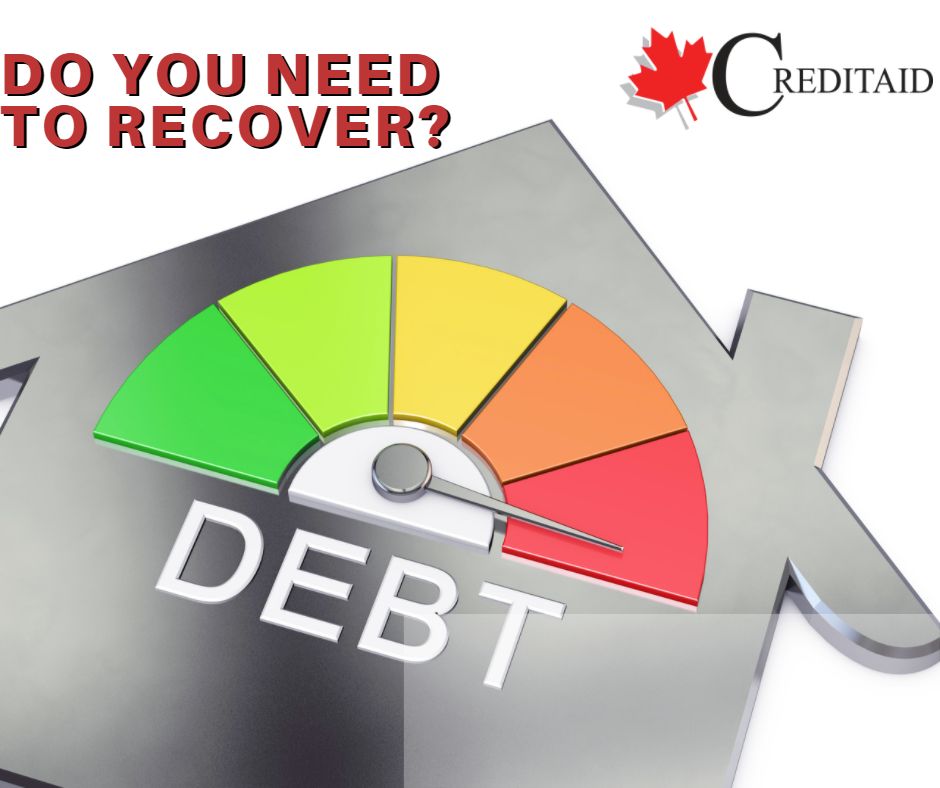To our valued clients,
UPDATE: December 10, 2020
We are open and encourage clients to continue making payments electronically. If you need to make payments in person, masks are mandatory when you are in our office.
Also, we provide consultation meetings virtually, over-the-phone, and in person.
As always, if you are feeling sick, have been out of the province, or have had contact with a known case, please do not come to our office.
—————-
UPDATE: April 2, 2020 – In response to the Government of Manitoba’s public health order and for the safety of our clients and staff, we have closed our office for in-person payments and appointments. Our team can be reached during regular business hours by phone at 204-987-6890, by email reception@creditaid.ca or chat with us online at creditaid.ca.
—————–
UPDATE: March 22, 2020 – In light of the recent changes by the Government of Manitoba, please do not come to our office if you have any of the following:
– feeling sick
– have been out of the country
– have had close contact with someone who has returned from an international trip
Our team members continue to be available to help you with any questions by phone and email. Please email reception@creditaid.ca as this email will be monitored each business day.
Additionally, we do have protocols in place to keep you and our staff safe, including social distancing, when you come to make a payment in-person. However, to minimize interaction, we strongly encourage you to send in your payments via bill payment through your financial institution. Note that it takes 1 to 3 business days for an online bill payment to get processed.
————————————————————————————
With the concerns here in Manitoba and abroad about the Coronavirus (COVID-19) outbreak around the world, we want to update you about what Creditaid is doing in response to this health concern.
First, we want to emphasize Creditaid remains open for business. We are fully operational and have taken steps to ensure we will be able to continue to carry out our work for you under changing circumstances.
We have taken precautionary measures to ensure the health and well being of our clients, team members, and families.
Creditaid has also increased its cleaning protocols in our office to ensure a safe environment for our team members and clients. In addition, to limit the potential impact of COVID-19, Creditaid is also requesting any staff showing symptoms, or who have reason to believe they have been exposed to the virus to self isolate for 14 days.
We are monitoring communications from Health Canada and the Province of Manitoba closely, and we are prepared to respond to the rapidly changing nature of this pandemic. Should the need arise, some team members are able to work remotely, supported by our IT infrastructure. Your information will remain confidential and secure on our servers.
Our team members continue to be available to connect with you by phone and email, or at this time, in person. We ask that you direct your inquires to reception@creditaid.ca as this email will be monitored each business day.
If you normally make your payments in our office, we are suggesting that you make plans to send in your payments via bill payment through your financial institution. Please be aware that it can take 1 to 3 business days for an online bill payment to get processed. If you do require to make payments in-house, our office will be open to take payments by Interac (debit), which is the preferred in-house method, or by cash (exact change only). We do not accept personal cheques.
If you have questions, concerns or require more information on payment options, please do contact our office for assistance.






